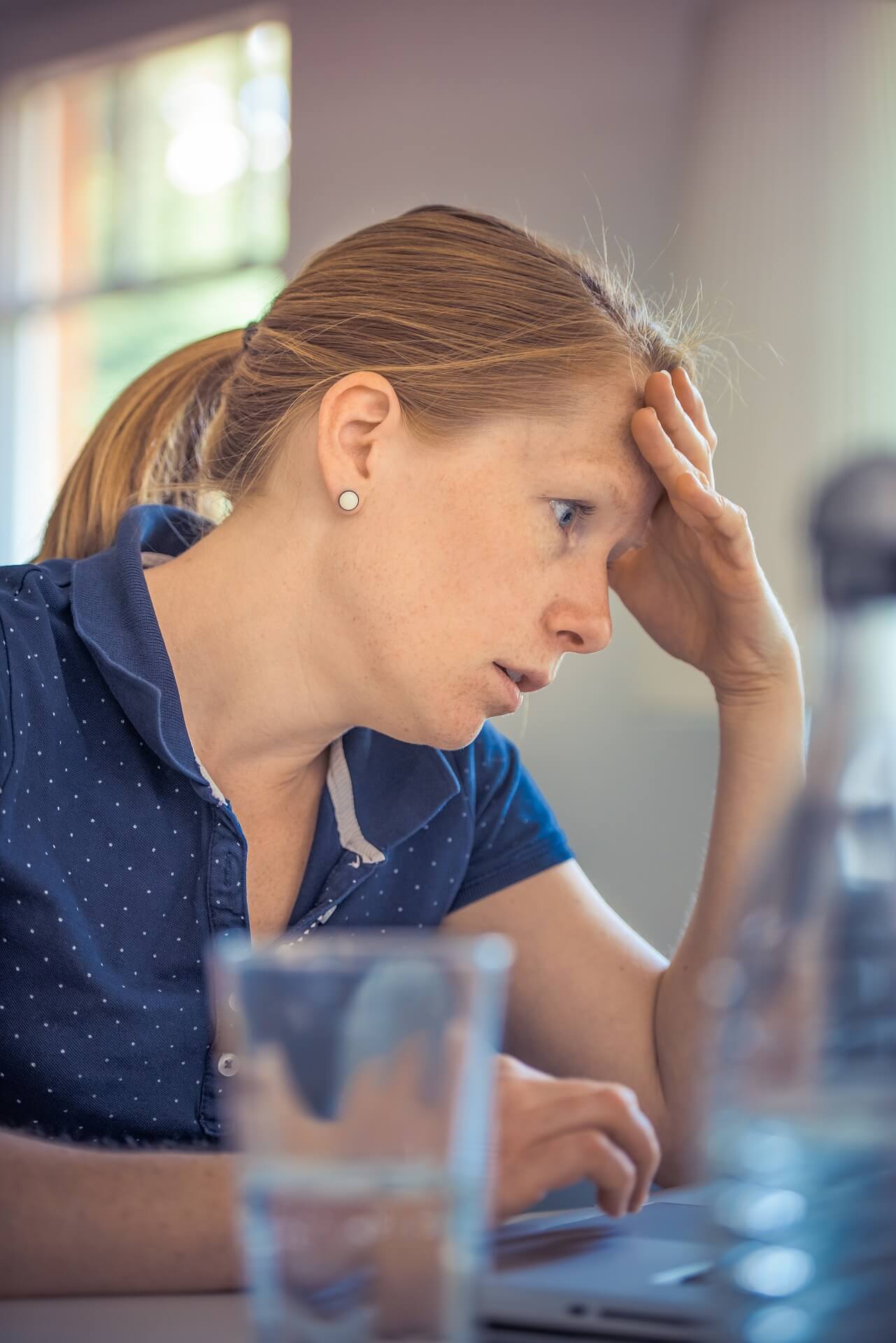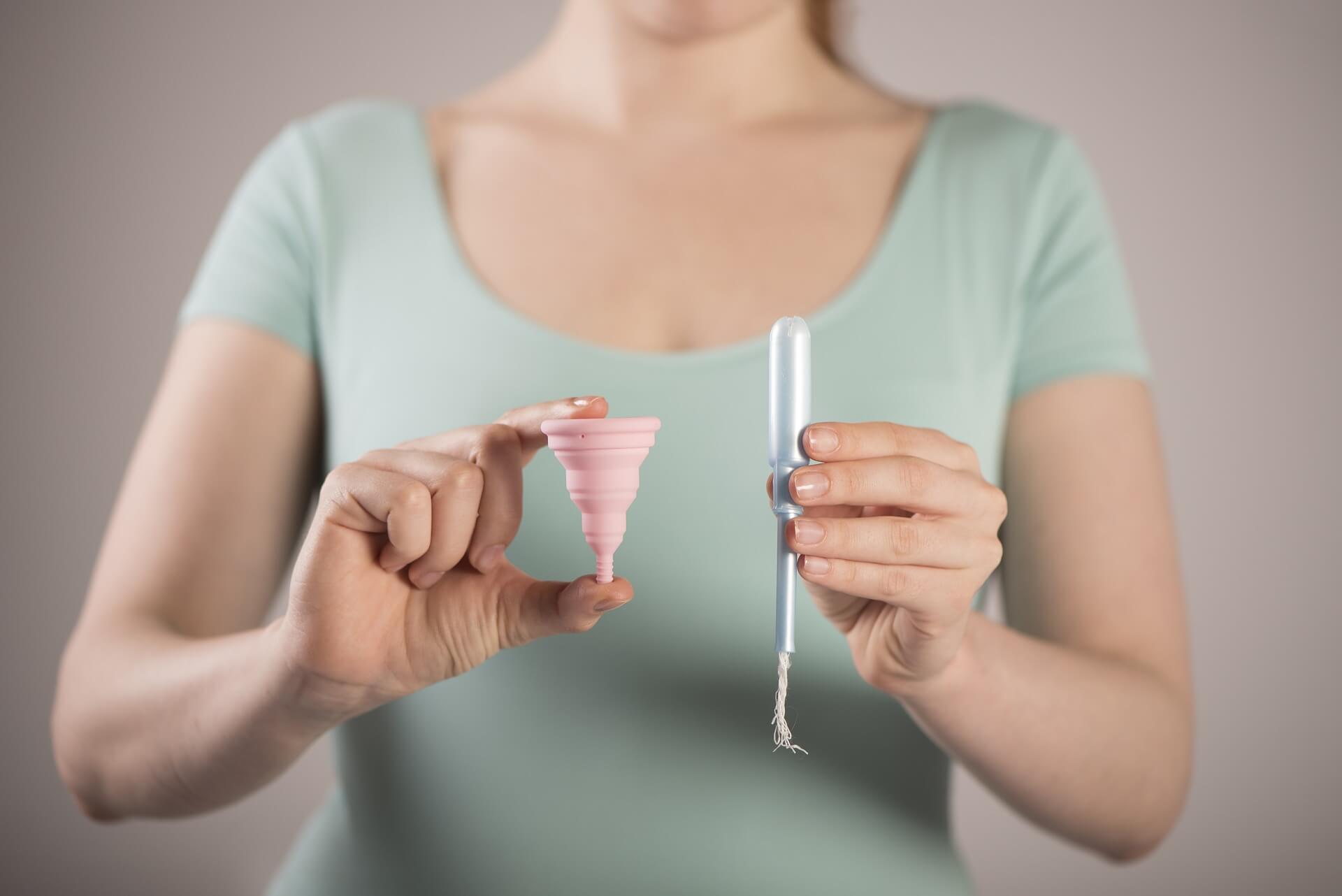
All About Acid Reflux
Acid reflux is a common condition that can often be dealt with by using over-the-counter remedies.

Anaemia is an iron deficiency. It means you don’t have enough haemoglobin or red cells to carry oxygen to your tissues and organs. The condition can be caused by a lack of vitamin B12 or vitamin B9 which is folic acid (folate).
The most common reasons for anaemia are if you have a health condition such as Crohn’s or Coeliac disease. These conditions affect the absorption of nutrients.
Another reason could be due to pregnancy because you aren’t getting enough folate from your diet.
You can also become anaemic if you lack vitamin B12 in your diet. Vitamin B12 comes from leafy green vegetables and meat. Vegans are at risk of anaemia because they don’t eat foods with vitamin B12.
Other causes are that your body breaks down red blood cells too quickly. A secondary health condition can be a cause. Or because you are taking medicines like steroidal anti-inflammatories or penicillin. Anaemia can also come from loss of blood from an injury, heavy periods, having a baby, a stomach ulcer, or piles.
Less common causes of anaemia are from problems with your immune system, a genetic disorder, kidney disease or chemotherapy for cancer treatment.
The main symptom of anaemia is tiredness. You may feel fatigued even though you have had a good night’s sleep. Other symptoms include:
If you have any of the above symptoms, then visit your doctor for a diagnosis. Your doctor will likely ask you about your diet and medication. You’ll then have a blood test. The blood test will give the doctor information about your blood cells and your folate and B12 levels.
The treatment for anaemia will depend on the cause. For example, if it is because of certain medicines, you are taking your doctor may recommend alternatives. It could be because of your diet. If so you might be prescribed supplements. You could also increase your intake of green vegetables and red meat.
Your doctor might also prescribe iron tablets. If necessary and you may also be offered injections of vitamin B12. If you take iron tablets, be aware that they have side effects such as diarrhoea, sickness, or constipation.
If you do find that you have low levels of ferritin, then as well as taking an iron supplement you should also introduce some of the following foods into your diet:
Iron
Folate
Vitamin B12
If you have any side effects from anaemia medication, talk to your pharmacy about changing the type of tablet you are taking. Here at VSM Pharmacy, we recommend Health and Iron Formula Plus. These tablets also contain extra vitamins including vitamin C and B12. They are easy to swallow and gentle on the stomach.
You might want to see if you have an iron deficiency quickly. If you do, you can buy an iron deficiency self-test from us here at VSM Pharmacy. All you do is prick your finger and transfer your blood with around 6 drops of buffer solution to a test cassette.
After around 10 minutes you’ll get the results which will tell you if you have low levels of ferritin, which is a blood protein that contains iron. If you have less than 20 ng/ml of ferritin, then you may be suffering from anaemia.
To find out more more about the best treatments to take for iron deficiency talk to the staff here at VSM Pharmacy and they can give you the help and advice, you need to treat the condition.

Acid reflux is a common condition that can often be dealt with by using over-the-counter remedies.

Heavy periods and period pain can be debilitating and many women have to take time off work because of the symptoms they have during their periods. There may be light at the end of the tunnel however with two new products now available over the counter at our Pharmacy.

To provide the best experiences, we and our partners use technologies like cookies to store and/or access device information. Consenting to these technologies will allow us and our partners to process personal data such as browsing behavior or unique IDs on this site and show (non-) personalized ads. Not consenting or withdrawing consent, may adversely affect certain features and functions.
Click below to consent to the above or make granular choices. Your choices will be applied to this site only. You can change your settings at any time, including withdrawing your consent, by using the toggles on the Cookie Policy, or by clicking on the manage consent button at the bottom of the screen.